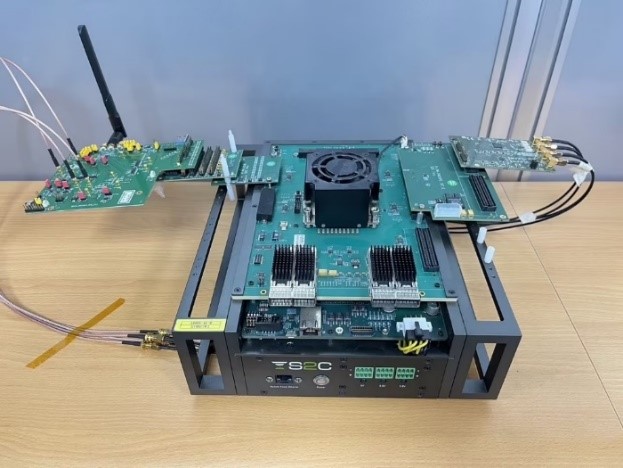by Daniel Nenni on 05-21-2024 at 6:00 am
Categories: EDA, Prototyping, S2C EDA
Sirius Wireless partnered with FPGA prototyping expert S2C to develop the Wi-Fi 7 RF IP Verification System, enhancing working efficiency and accelerating time-to-market for clients.
Wi-Fi 7 is the latest Wi-Fi technology, with speeds of up to 30Gbps, approximately three times the peak performance of Wi-Fi 6. This enhanced performance will position Wi-Fi 7 to lead the market quickly, delivering users a more stable and faster wireless experience. However, Wi-Fi 7 sets rigorous standards for chipset designers and RF IP vendors, demanding excellent capabilities to handle 320 MHz bandwidth and 4096-QAM, including faster, lower-noise ADCs/DACs, sophisticated RF designs, and complex baseband processing. Enhanced Error Vector Magnitude (EVM) and noise control requirements in RF front-end modules exceed those of Wi-Fi 6/6E. Features like MRU and MLO increase complexity in baseband and MAC layer processing. Overcoming these challenges require innovative system architectures, algorithm designs, and advanced semiconductor processes for optimized performance and power management. Chip designers must also ensure flexible software support for interoperability among expanding wireless protocols, enhancing user experience while catering to diverse application demands.
Leveraging the S2C Prodigy S7-9P Logic System, Sirius Wireless conducts comprehensive verification and testing of RF performance indicators such as throughput, reception sensitivity, and EVM. Then they used Prodigy Prototype Ready IP which are ready-to-use daughter cards and accessories from S2C to interface with digital MAC, offer an end-to-end verification solution from RF to MAC to overcome the RF design nightmare, accelerating their time-to-market by shortening the entire chip verification cycle.

S2C's extensive range of prototype tools, including productivity software suite, debugging solutions, and daughter boards, empowers designers to accelerate their functional verification by quickly building a target prototyping environment. In addition, Prodigy S7-9P Logic System also serves as a demonstration platform prior to tape-out to showcase and help them kickstart software development early. An example of such benefits is Sirius's development of its Wi-Fi6 IP verification system. With this system, one of Sirius's customers on short-range wireless chip designs spent only three months to complete the pre-silicon hardware performance analysis and performance com-parison test. The company thus shortened its production verification time and customers' product introduction cycle, significantly improving efficiency by over 40%.
Sam Chu, VP of Marketing at Sirius Wireless, states, "We have had a longstanding deep collaboration with S2C, jointly providing end-to-end verification solutions from RF to MAC for our clients. After our successful partnership on Wi-Fi 6, we're confident in S2Cs Prodigy System for Wi-Fi 7 development. Its mature performance, user-friendly operation, and abundant validation experience reinforce our high expectations of Wifi-7 products.”
“S2C aims to boost partners' market competitiveness", said Ying Chen, VP of Sales & Marketing at S2C, "Sirius Wireless stands out in RF IP, being the sole company with TSMC's advanced processes and Wi-Fi 7 RF design expertise. S2C is glad to work together with them to breathe new life into the whole industry.”